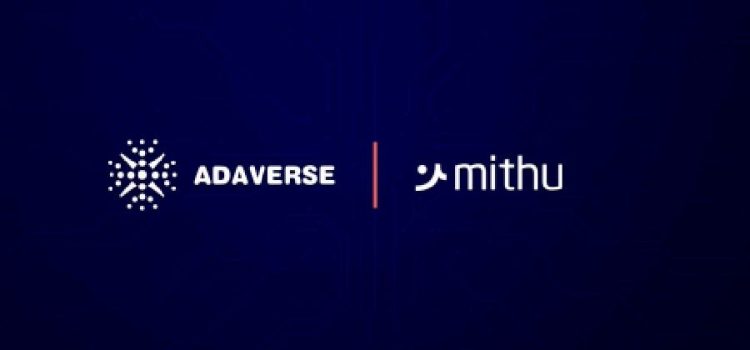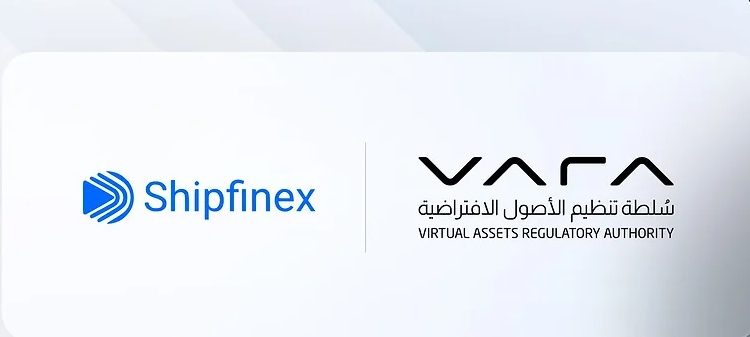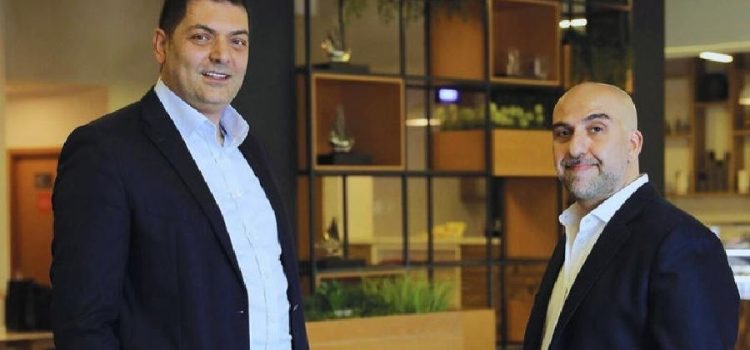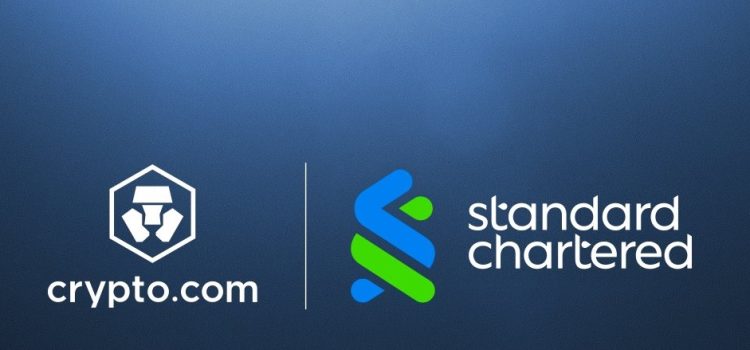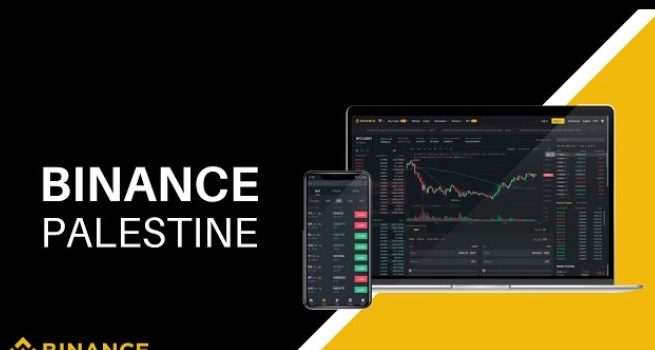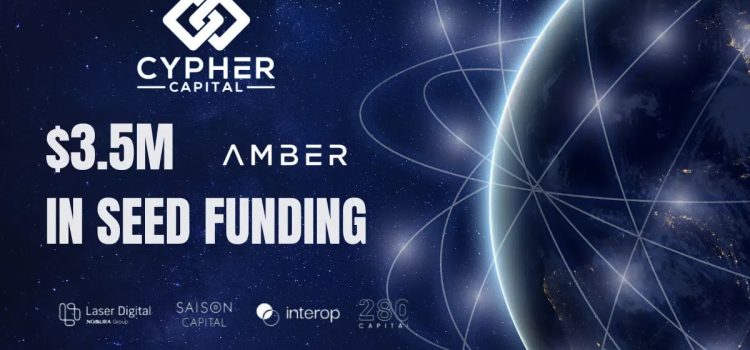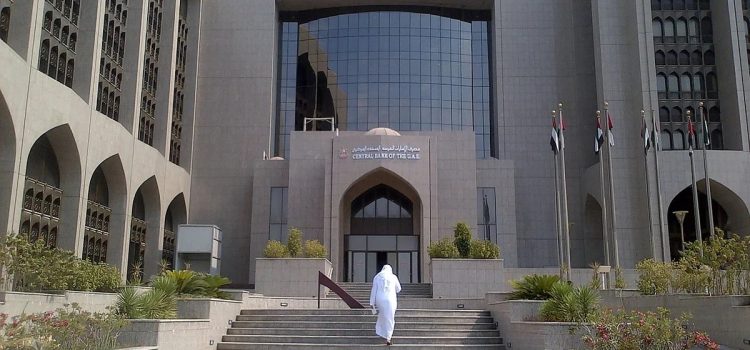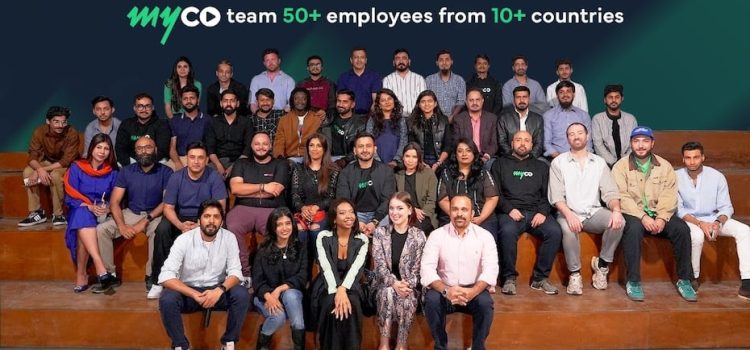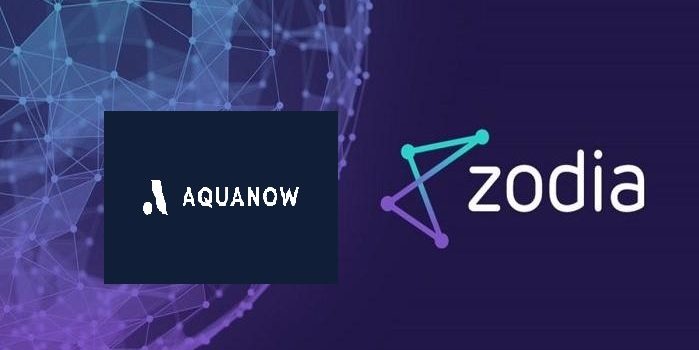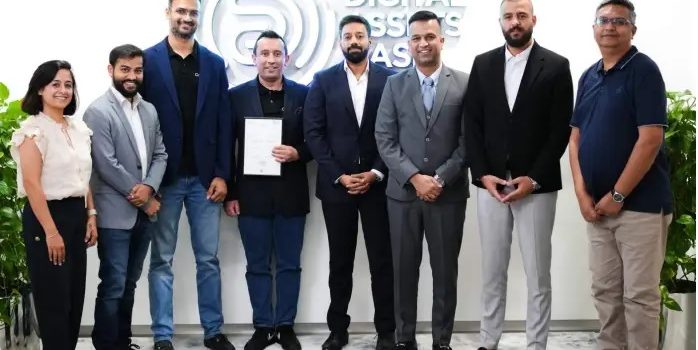
Adaverse, a Web3 venture builder, has invested half a million dollars ($500,000) as a pre-seed investment in Saudi loyalty platform, Mithu, a platform aggregator for restaurants and cafes in Saudi Arabia.
Mithu aims to solve a critical problem in the loyalty program market, where customers struggle to manage multiple loyalty programs and billions of dollars worth of points expire annually.
In Saudi Arabia, only 2.5% of restaurants currently offer loyalty programs, leaving a vast untapped market, while globally, about $100 billion worth of loyalty points expire annually. Customers hold an average of 17 loyalty programs, with 68% churning within the first year.
By aggregating loyalty programs into a single, gamified app, Mithu seeks to increase customer engagement and help businesses, particularly SMEs in the food and beverage industry, retain customers more effectively. Founded earlier this year, Mithu has already signed agreements with approximately 200 restaurants in Riyadh.
“We’re thrilled to have Adaverse on board,” said Mohsin Qureshi, Founder of Mithu. “Their expertise in Web3 and gamification is invaluable as we develop a tokenised version of our app. This investment accelerates our time to market, allowing us to better serve our clients and users.”
Vincent Li, Founding Partner of Adaverse, said, “We are thrilled to invest in Mithu, whose founding team brings decades of deep experience in the restaurant and retail sectors. The opportunity to disrupt this vertical in Saudi Arabia is enormous, and we’re excited to be part of it. As Adaverse, we bring global expertise in technology, coupled with Web3 knowledge, to support Mithu in developing their cutting-edge solutions. This unique combination of industry insight, technological prowess, and market opportunity positions Mithu for significant success and growth. We look forward to witnessing their impact on the Saudi Arabian market and beyond.”
Mithu’s founding team offers a depth of expertise that positions the company at the forefront of Web3, AI, and customer loyalty innovation. CEO Mohsin Qureshi boasts over 15 years in foodtech, q-commerce, and technology startups, having held key leadership positions at Foodics, Cheetay, and Delivery Hero. CTO Asif Ali brings experience from leadership roles at Careem, Swvl, and foodpanda, and is currently pursuing a Ph.D. in AI.








